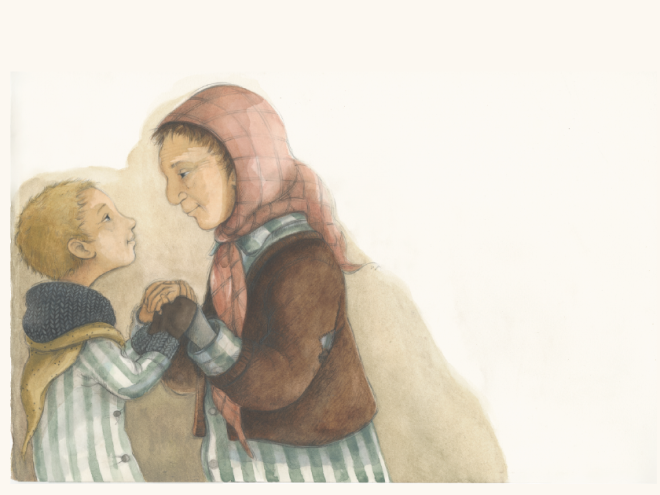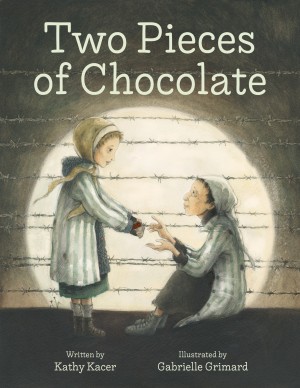By
– October 3, 2011
During the Nazi occupation of 1939, the Reiser family fled from Czechoslovakia to Canada, leaving behind almost all of their possessions, including four paintings that had hung in their home in Rakovník. In Restitution, which is set against the backdrop of historical and political upheavals, from World War II to the fall of Communism in Czechoslovakia, Kacer examines not only the story of the paintings, but also the Reiser family’s attempts to reclaim them after the war. Her discussion of the Reisers’ life in pre-war Czechoslovakia, including their acquisition of the paintings, their complicated attempts to gain entry into Canada, their efforts to start a new life in rural Ontario, including changing the spelling of their name from Reiser to Reeser, and the challenges that both Marie and her son Karl faced when they tried to retrieve the paintings 30 years apart, is supplemented by images of the paintings, the individuals involved in the restitution process, and family documents that date back over 70 years. In a parallel narrative, Kacer also explores the story of the art dealer who aided Karl with his attempts to bring the paintings to Canada. By examining the relationships between the members of the Reeser family, the often tenuous relationship between the Reesers and the family who hid the paintings during and after the war, and the relationships between the Reesers and those who aided in their escape from Czechoslovakia and in their endeavors to reclaim their property, Kacer grapples with the complexities of two generations’ attempts to come to terms with the past.
Sarah Shewchuk holds a PhD in Comparative Literature from the University of Alberta.




